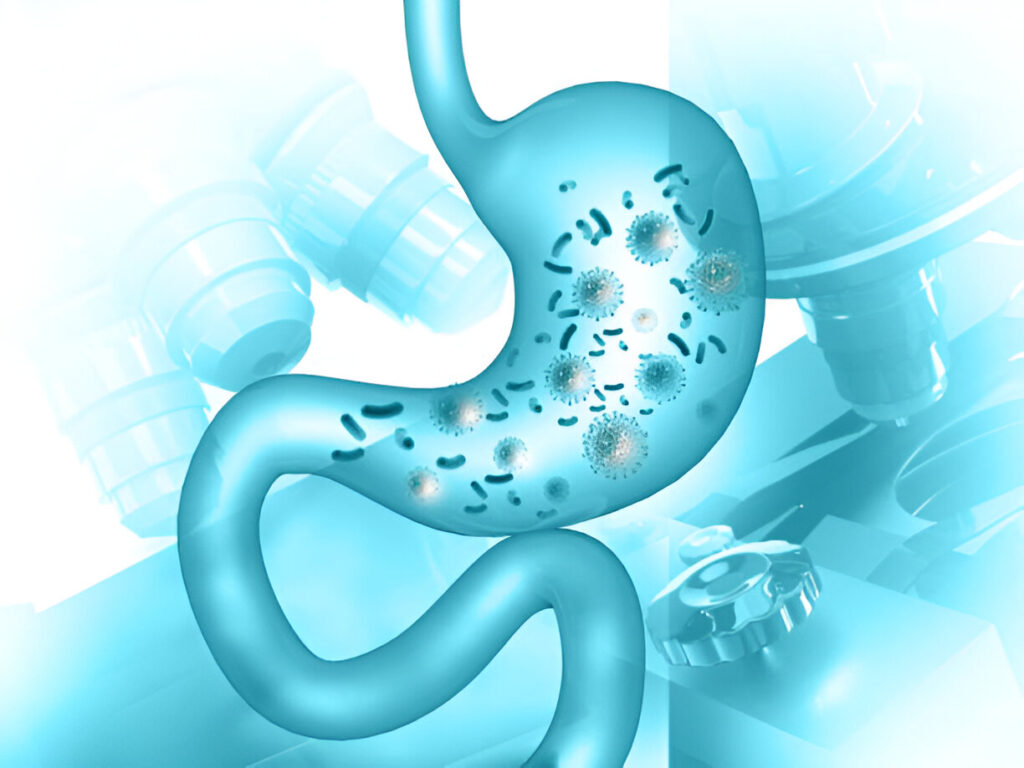In a few developing countries, Helicobacter pylori (H. pylori) has become quite prevalent and can end in peptic ulcers, gastritis and stomach cancers, too. Usually, this disease gets transmitted through tainted water or vomit. Although many people are asymptomatic, it is associated with iron-insufficiency anemia and vitamin B12 deficiency and is acquired during childhood.
Jant Pharmacal, which has been in business since 1986, provides the laboratory equipment needed to conduct the H. pylori urease test.
In 1982, it was discovered that H. pylori is the main cause of ulcers and inflammation of the stomach. However, it also varies based on ethnicity, living environment and general health. People are more prone to get the virus early if they live in crowded, unsanitary places.
Māori, Pacific, and East Asian populations in New Zealand have higher infection rates, which are impacted by socioeconomic position and access to clean water, even if the overall infection rate is quite low.
People who have a past history of having the following issues must undergo H. pylori tests.

- Peptic ulcers
- Persistent dyspepsia
- Stomach cancer occurred to any family member.
The American College of Gastroenterology has already suggested that people who have been taking aspirin or NSAIDs for many years must undergo an H. pylori test. However, before undergoing such tests, the patient must first speak to their doctors about whether it is right for them.
To identify H. pylori infection, most diagnostic test laboratories suggest conducting stool and urea breath tests. Before undergoing any of these tests, it is important to avoid consuming any antibiotics or acid-reducing medications.
Doctors these days no longer advise blood tests, as it can often be too confusing to detect the issue. If a patient is suspected to be a stomach cancer patient, then the best way to diagnose is through biopsy.
If it is confirmed that the patient is suffering from H. pylori infection, then doctors usually prescribe a combination of treatments by prescribing antibiotics and proton pump inhibitors. Because of growing resistance to antibiotics, treatment has become difficult, and there is only an 80% chance of cure.
The choice of drug, regimen adherence, and local patterns of antibiotic resistance all affect efficacy. In case the first-line treatment is not effective, then the second-line treatments can be the following to get better results.
- Metronidazole
- Colloidal bismuth
- Tetracycline.
If the patient’s condition does not change and shows resistance to all these drugs, then it will be necessary to conduct an endoscopy with a bacterial culture.
While selecting the best diagnosis and treatment for H. pylori, doctors need to evaluate all the pros and cons of offering a suitable treatment based on the patient’s history of using antibiotics.
In summary, even though H. pylori infections are common, not everyone needs to get tested. To ascertain whether testing and treatment are necessary, it is crucial to speak with a healthcare professional to assess symptoms and risk factors. Knowing the variables that affect H. pylori infection guarantees better treatment and helps avoid long-term issues like stomach cancer and ulcers.

